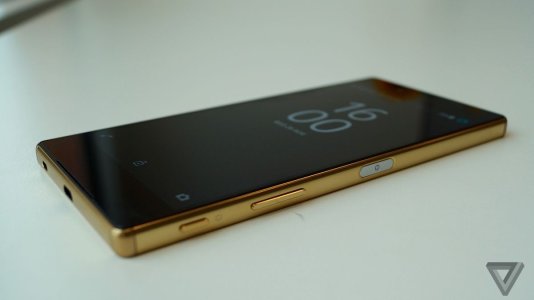Only problem with this scenario is devices under 8" will run W10M.
That 8" rule isn't set in stone. It is unrelated to any technical capabilities or restrictions of any kind and exists only for reasons related to licensing. More precisely, this "rule" represents MS telling OEMs when a hardware design is eligible to run the
free W10M, rather than OEMs having to pay for the traditional W10 license. If an OEM wants to pay for a full W10 license on a smaller device however, MS won't refuse that money.
We're just not expected to see much of that in practice, because below 8" we're getting into bargain bin territory. Here competition is based almost entirely on price. Having to compete with the cheapest Android tablets on price means OEMs can't afford to add the cost of a W10 license to their product, hence W10M.
We actually already have exceptions to that 'rule' however. The Toshiba Encore mini WT7-C16M being one example. That is a 7" tablet which runs W10 (not W10M).
In a nutshell, this scenario doesn't actually have that "only problem".
If MS makes an exception for their own phone they'll have to create another SKU based off full Windows just for their phone to include a cellular stack and all the other work to make the desktop OS a phone OS. Not sure that makes sense when they already have a mobile SKU.
I'm assuming the whole point of an x86 based phone is to run Win32 desktop applications. W10M can't run Win32 desktop applications. Pairing W10M with an x86 based smartphone would sacrifice the only advantage an x86 based phone would have over its ARM based brethren. That makes no sense at all.
I also don't see why MS would have to create another W10 SKU.
W10 already includes the cellular network stack. Given hardware with cellular radios, not much (anything?) beyond a dialler app need be downloaded from the store to make W10 function as a phone.
If I'm wrong and you're right, then MS will be adding many GBs worth of Win32 desktop functionality back into W10M. That is functionality MS just spent years surgically removing from the core of Windows so as to make W10M technically possible. That would be very strange to say the least, not to mention that it would come with a whole host of other disadvantages I'll omit for brevity's sake. I don't see that happening.


